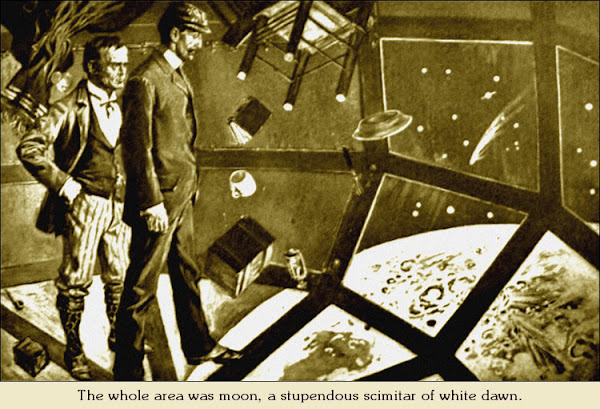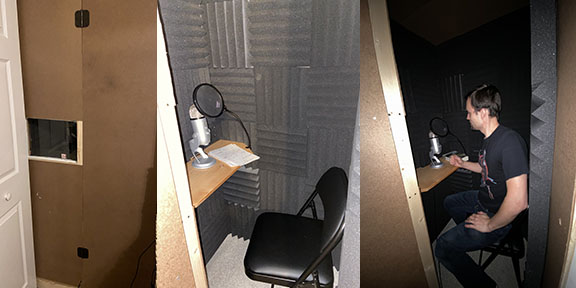There is a cute little book store a short distance from my house. In fact, it is inside of an elderly woman’s brick home. I don’t know how long she has been running that business, but she uses the front two rooms to showcase and sell used books. Upon a recent visit there, I was thrilled to find a small paperback of First Men in the Moon by H.G. Wells. It’s one of those old 50-cent copies that you can almost tuck inside your pocket, and as I started to read it I was reminded of my growing conviction that Storytelling comes first.

Before the mechanics of how to tell a story, before grammar, before structure. Without a good story to tell it is not worth the telling. I have a similar paperback of The Time Machine (another classic!) and it astonishes me that Wells was able to pack so much world building, characterization, and fun into such a short book. It makes me think that I should start writing some shorter tales along a similar vein, told as a narrative to be as memorable as possible. I’ll admit to not feeling entirely up to the task yet, but that’s due to my own lack of faith in my ability.
The truth is that if we write a fascinating story the grammar and mechanics can be polished and the narrative strengthened later. We imagine ourselves to be perfectionists when in fact we are procrastinators. We need a little humility, a little reminder that we are but humble creatives groping about like young children in a new world.
Storytelling comes first. I tested this with The Swordmaster’s Glory and the full-length novel Shards in Belial in the first half of this year. The result was two stories that I feel pleased with and am confident are tighter story narratives with great adventurous fun and heart.
First Men in the Moon is a mere 160-pages long in a small paperback format. Like The Time Machine its length is appropriate. But today most science fiction and fantasy publishers will not accept submissions of works less than 80,000-words… A fascinating fact when you consider that the ever popular The Time Machine is about 32,000-words long.
Q: What do you think? Would you like to see shorter reads, or do you hold with a bear’s grip onto the tree of longer fantasy and science fiction books?




Recent Comments